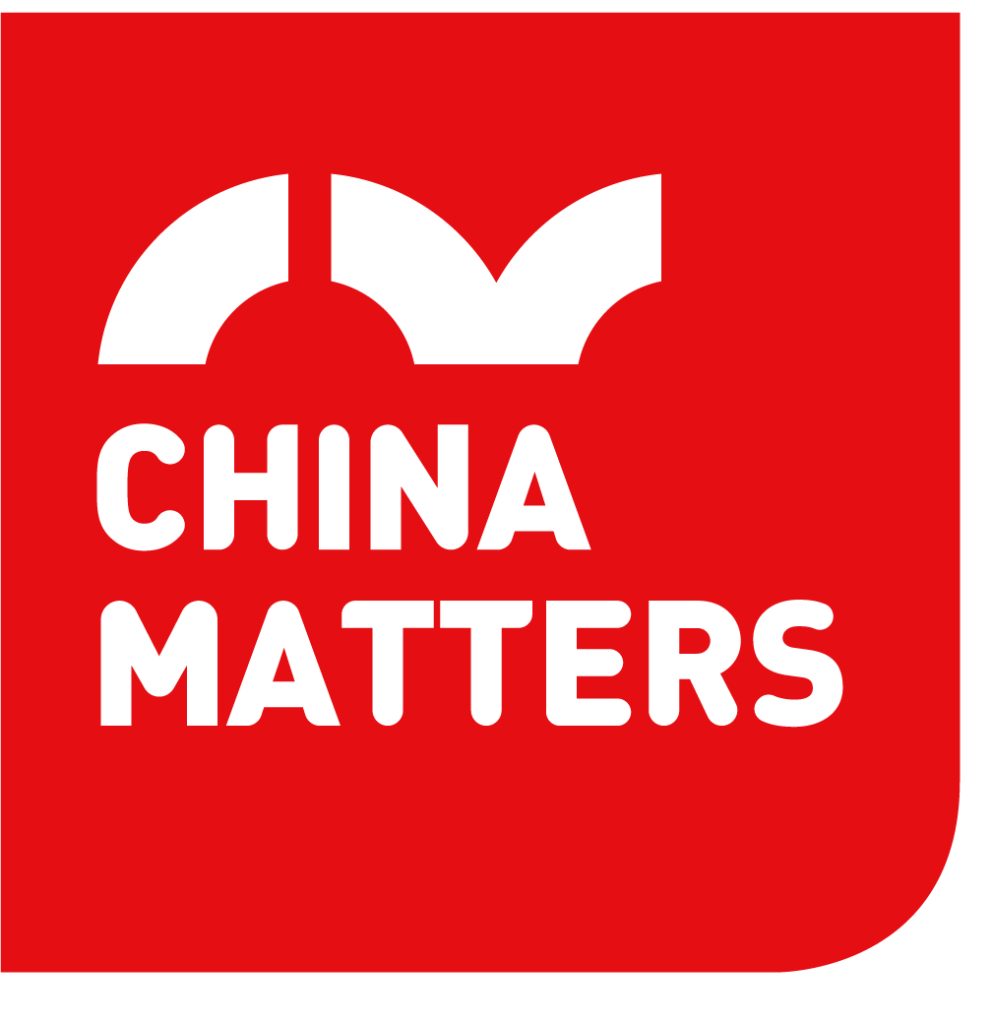Gejia village, located in a remote mountainous area of Ningbo, east China’s Zhejiang Province, has a history of more than 1,300 years. This place was once a small, underdeveloped village largely devoid of any industry.
The collective income of Gejia village was a dismal 120,000 yuan back in 2019, but rose to more than 500,000 yuan in 2021. What made a village change in just three years?
Professor Cong Zhiqiang from Renmin University of China (RUC) is the man behind this tremendous change. In 2019, the local government launched a campaign called “rural revitalization through art,” aiming to boost the local economy by developing art-related industries. As a professor at the School of Artsat RUC, Cong Zhiqiang was invited to instruct this campaign.

However, the idea of a rural Chinese village embracing the world of art seemed a bit far-fetched. The locals didn’t accept the idea at first. They saw art as neither meaningful nor lucrative. So Professor Cong stayed in Gejia village for weeks, working and communicating with the locals.
Finally, he found a new way to help the villagers make the best use of art – keeping costs low, developing their own skills, and utilizing local materials. With the support of the local government, Cong not only helped villagers transform abandoned buildings and public spaces, he also exposed locals to business opportunities.
To find out how locals’ lives are changed by the campaign, Italian host Rachele Longhi travels to Gejia village. “The entire village is filled with breath-taking scenery,”said Longhi. She met with different villagers that found their new goals towards art: the wooden roses workshop owner; Yuan Xiaoxian,a housewife-turned handmade dolls shop owner, and the campaign initiator Professor Cong.
“They are more open-minded, inclusive, and more willing to share with others,”Cong said. “This is the power of art.”
With the encouragement from the local government and Professor Cong, villagers in Gejia have begun to embrace new ideas and changes, and are filled with excitement for what’s to come in the future. The artistic village now boasts more than 40 art sharing spaces built by the locals, attracting over 30,000 visitors and generating over five million yuan in tourism income in 2021. What’s more, the success of “rural revitalization through art” in Gejia has inspired other Chinese villages and motivated residents to learn from their experiences.